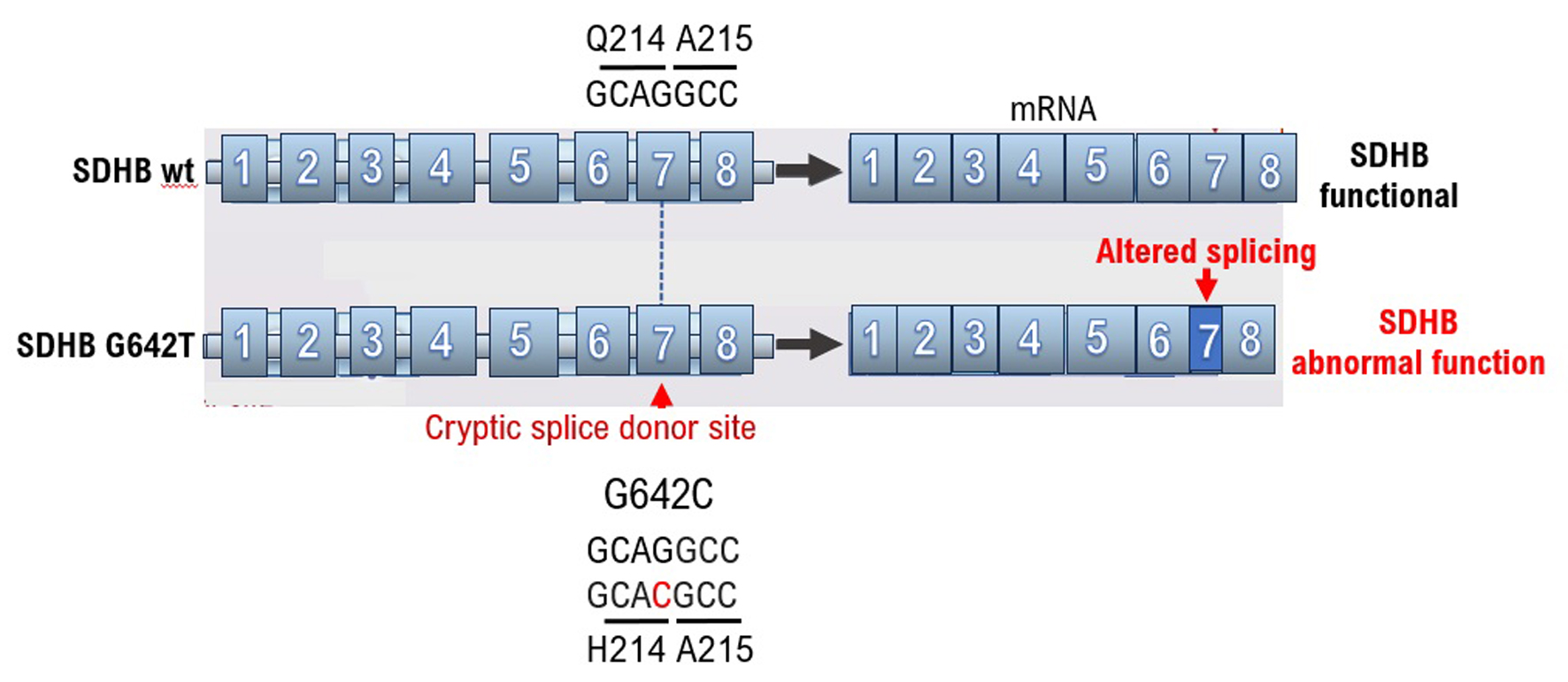Problems in Cancer Genome Medicine: Base Mutations Cause Intron Start Signals, Resulting in Unexpected Splicing
DOI:
https://doi.org/10.14740/wjon2631Keywords:
Cancer gene panel, Pathogenic variant, VUS, SplicingAbstract
Background: The genetic characteristics of surgically removed cancerous tissues are examined using cancer gene panel testing in cancer genome medicine to detect the pathogenic variants involved in the proliferation and progression of cancer cells. An antitumor drug is prescribed if it directly acts on the detected pathogenic variant; however, some aspects require careful consideration by medical professionals in such cases. The genetic mutations involved in the progression or onset of malignant tumors differ with race. Furthermore, genetic mutations that are variants of unknown significance (VUS) may be involved in the progression or onset of malignant tumors in some races according to the ClinVar results from the National Center for Biotechnology Information. Single nucleotide variations can result in silent mutations or splice sites.
Methods: We therefore reexamined the CGP results (VUS) of patients suspected of developing hereditary tumors based on their family background using IGV and RT-PCR.
Results: KRAS Q61K, which is found in many gastrointestinal cancers, was identified as a VUS by ClinVar, but this gene mutation was found to cause splicing. The cancer gene panel test of a 41-year-old male patient with paraganglioma identified succinate dehydrogenase complex, iron-sulfur subunit B (SDHB) G642T as a VUS. However, this mutation was later discovered to cause the splicing site to shift, preventing SDHB from translating from the correct mRNA. In addition, a cancer gene panel test of a 47-year-old patient with right breast cancer determined that breast cancer susceptibility gene 2 (BRCA2) 631 3A>T was a VUS. However, this mutation may create a splicing site, which means that the correct BRCA2 mRNA for BRCA2 is not produced.
Conclusions: The diagnosis of gene mutations based on the results of cancer gene panel testing may not always be correct, and a detailed examination of gene mutations is necessary. Our medical staff has performed cancer gene panel testing on approximately 5,500 cases of intractable malignant tumors to date and are investigating new treatments for these tumors. In this article, we discuss our experience with cancer gene panel testing as well as the problems encountered and new findings.

Published
Issue
Section
License
Copyright (c) 2025 The authors

This work is licensed under a Creative Commons Attribution-NonCommercial 4.0 International License.









